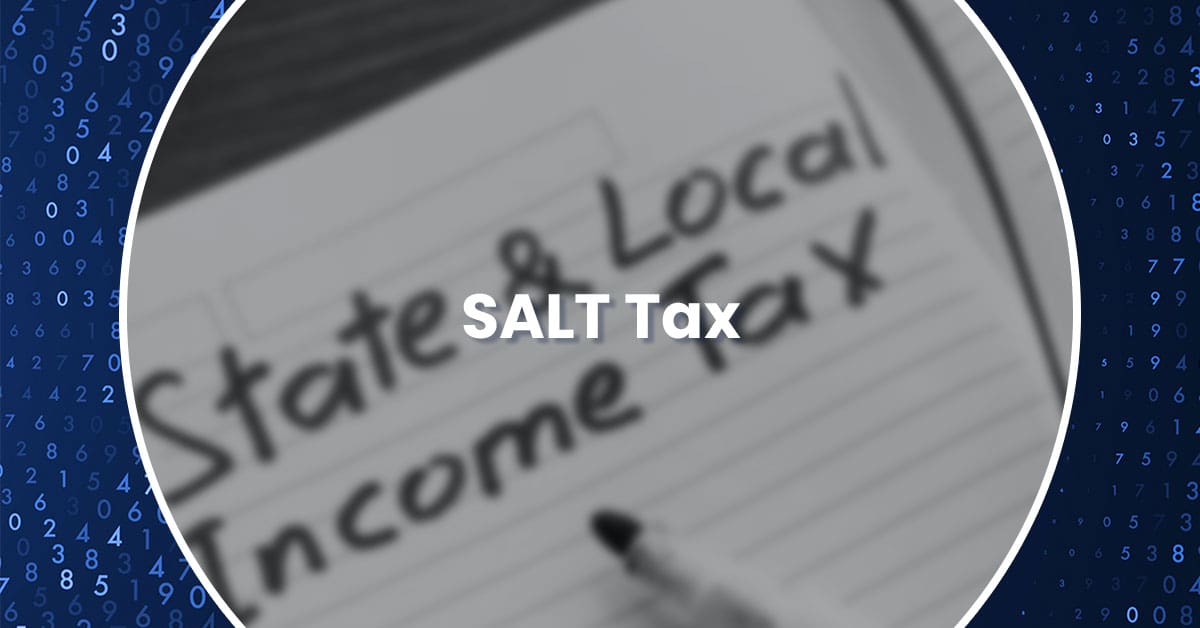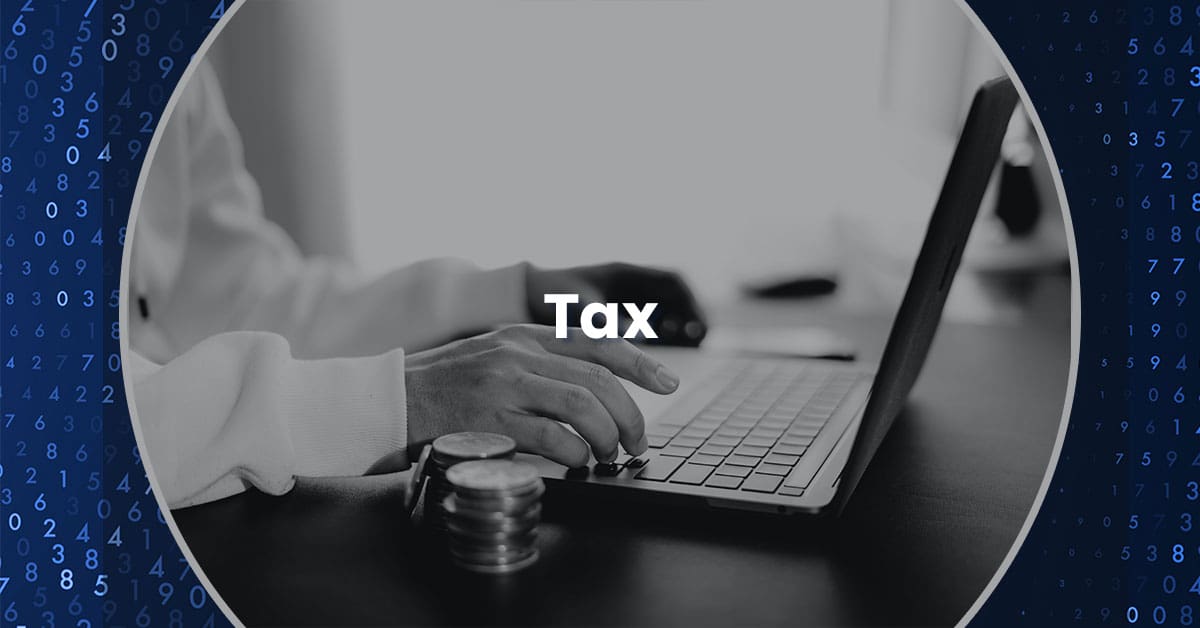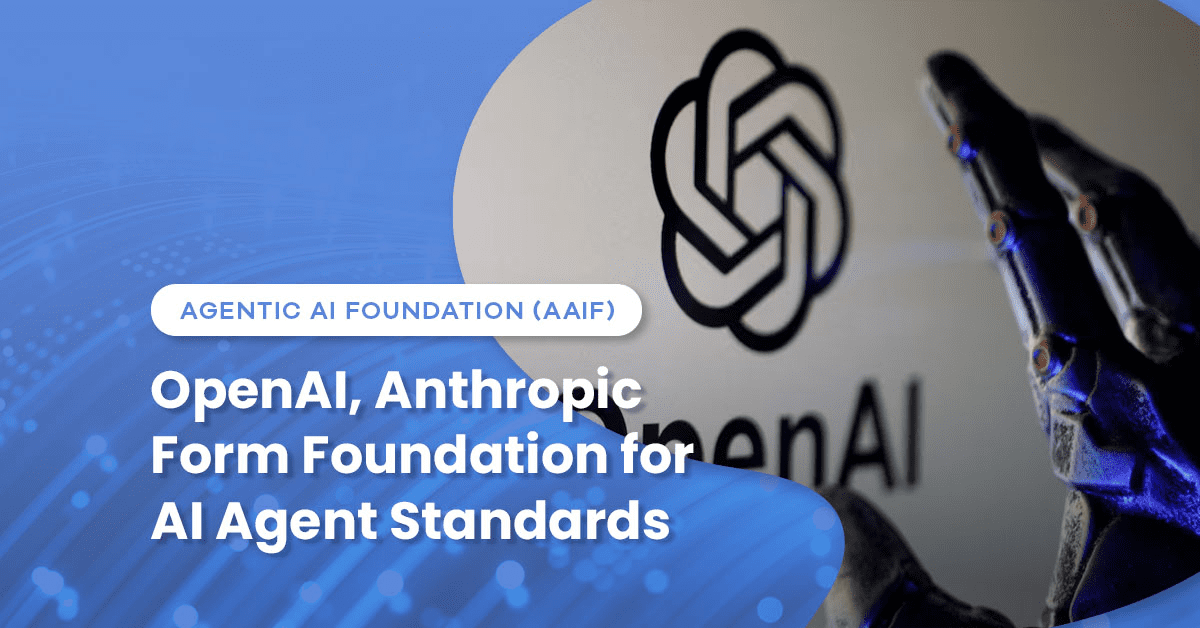As enacted on July 4, 2025, the One Big Beautiful Bill Act (OBBBA) has reshaped the tax landscape in ways that will reverberate across state and local jurisdictions for years to come. For business owners and tax professionals, understanding these changes goes beyond federal tax compliance—it’s about navigating a complex and evolving patchwork of state-level responses that could significantly affect state and local taxes (SALT) obligations.
A clear understanding of OBBBA’s provisions will be essential for reviewing SALT positions and developing forward-looking strategies. With most state legislatures having adjourned before OBBBA’s enactment, the crucial decisions around state conformity and decoupling will be delayed until the 2026 legislative sessions. This creates uncertainty as businesses navigate new federal provisions while anticipating how states will respond.
Section 174 Research & Experimental Expenses
One of the most significant business-friendly changes in OBBBA is the permanent restoration of immediate expensing for Domestic Research and Experimental (R&E) Expenses. Beginning in 2025, businesses can deduct these costs in the year incurred rather than capitalizing and amortizing them over five years.
The Act also provides transition relief, allowing eligible small businesses to retroactively expense R&E costs from 2022-2024 that were previously capitalized. Also, taxpayers may be able to elect to accelerate remaining unamortized amounts from prior years, either deducting them entirely in 2025 or spreading them over two years.
From a state perspective, this creates immediate complexity, as there are several different approaches state may adopt. Some states may choose to conform to OBBBA R&E rules, while other states may decide to conform to pre-OBBBA rules given that the federal tax law may otherwise result in significant reductions in taxable income, while other states may adopt the pre-TCJA version of Section 174, permitting immediate deduction of all R&E expenditures.
Plus, there are a series of elections that businesses may be eligible for, that affect retroactivity, acceleration, and amortization, and businesses will need to evaluate if such elections are available at the state level.
Section 163(j) Business Interest Expense
OBBBA permanently restores the more favorable EBITDA-based calculation for the business interest expense limitation, replacing the less generous EBIT approach that took effect in 2022. This change allows businesses to add back depreciation and amortization when calculating the 30% limitation, effectively increasing the amount of deductible interest expense.
For capital-intensive businesses, this represents meaningful tax relief. However, state conformity varies widely, and some jurisdictions may choose not to adopt the federal changes, such as either adopting pre-OBBBA rules, pre-TCJA rules, or other rules, creating additional compliance complexity.
Section 168(k) Bonus Depreciation
The Act makes 100% bonus depreciation permanent for qualified property acquired after January 19, 2025. This provides long-term certainty for capital investment decisions and can significantly improve cash flow for asset-intensive businesses.
Additionally, OBBBA introduces a new category of “qualified production property” eligible for full expensing, covering certain manufacturing buildings placed in service before 2031.
State treatment of bonus depreciation has historically been inconsistent, with many jurisdictions decoupling from federal rules. Businesses will need to carefully track federal and state basis differences to ensure accurate reporting.
Foreign Income (GILTI and FDII)
OBBBA Significantly restructures the International Tax Provisions, renaming GILTI to “Net CFC Tested Income” (NCTI) and FDII to “Foreign-Derived Deduction Eligible Income” (FDDEI). These changes may lead to increased state tax liability in jurisdictions that choose to adopt the new foreign income rules.
The Act reduces the deduction percentages associated with these provisions, which could expand a taxpayer’s federal tax base. While OBBBA introduces more favorable treatment of foreign tax credits to help offset this increase base at the federal level, most states do not offer similar credits. As a result, businesses operating across multiple jurisdictions could face higher state tax burdens.
For multinational companies, modeling the impact of these changes will be essential for assessing cash flow implications and informing broader tax planning strategies.
Increase in the SALT Deduction Limitation
Perhaps the most visible change for individual taxpayers is the temporary increase in the individual SALT deduction cap from $10,000 to $40,000 for 2025-2029, reverting to a $10,000 limitation after 2029. The cap increases by 1% annually and includes an income-based phaseout for taxpayers earning over $500,000. Several state PTET programs are set to expire at the end of 2025, requiring legislative action to continue these beneficial elections.
While the PTET deduction limitations have been modestly adjusted, these changes are not expected to significantly impact most businesses’ existing pass-through entity (PTE) strategies.
Looking Ahead
The complexity introduced by OBBBA demands proactive planning and careful attention to state-by-state developments. States that decouple from any of OBBBA provisions could create timing differences that require detailed tracking.
Assessing how states are impacted from the federal income tax Act requires careful examination of how a state conforms to the Internal Revenue Code (IRC). States may either conform to the IRC on a rolling basis, meaning states automatically adopt changes as enacted, vs. fixed basis, meaning states adopt the IRC as a specific date and may not automatically adopt such changes. In either case, states may subsequently decide to selectively opt-in or opt-out with respect to specific provisions.
Furthermore, as businesses evaluate potential available federal elections, it will be important that state tax implications are evaluated in a broader strategy.
As we approach 2026, staying informed, planning for multiple outcomes, and remaining flexible will be essential as states begin to clarify their responses to OBBBA. Businesses are strongly encouraged to begin assessing the potential SALT implications now, as the research, modeling, and analysis required to navigate these changes may be time-intensive and complex.
For more information, talk to our team today.





 Previous
Previous






